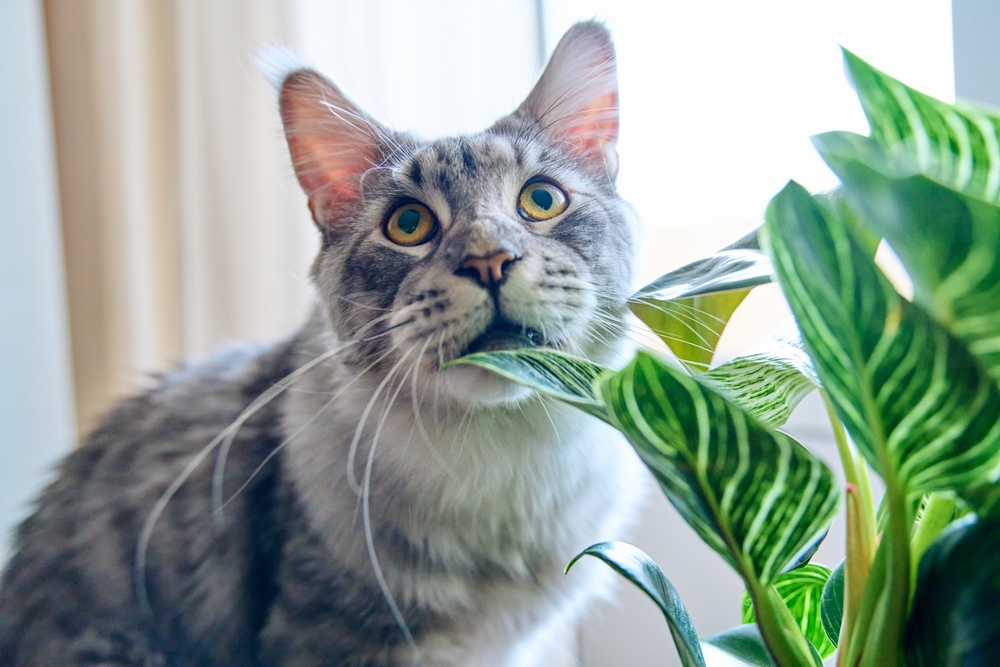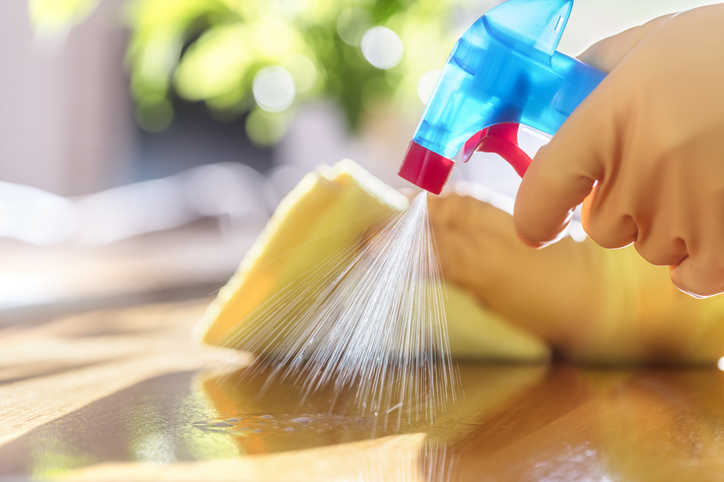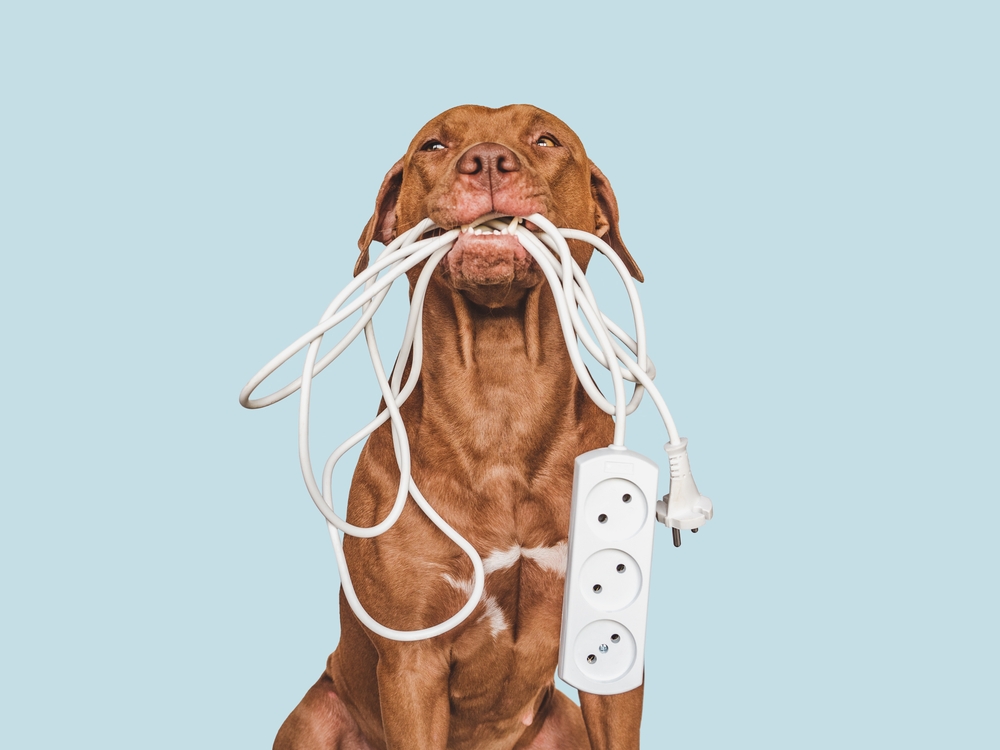Your home may feel like the ultimate safe haven, but everyday items can pose unexpected risks for your furry friends. From seemingly harmless plants to the everyday foods on your countertop, dangers are often closer than we think. Understanding these hidden hazards and taking proactive steps can ensure your home remains a cozy, safe space for your
Toxic Houseplants Waiting to Tempt Curious Pets

Many popular houseplants, including lilies, aloe, and philodendrons, look beautiful but are highly toxic to cats and dogs. Lilies, in particular, are extremely dangerous for cats, leading to kidney failure even in small amounts. If your pet is known to nibble on greenery, consider swapping out toxic plants for pet-safe options like spider plants or Boston ferns. A safer environment starts with choosing foliage that won’t harm curious pets.
Everyday Foods That Are Lethal to Pets
While some foods may seem harmless to us, items like chocolate, grapes, onions, and garlic can be fatal for pets. Chocolate contains theobromine, which dogs can’t metabolize, causing symptoms from restlessness to seizures. Grapes and raisins can lead to kidney failure in both dogs and cats. Keep these foods well out of reach and ensure family members understand not to share “treats” with your pet, no matter how adorable their pleading eyes.
Household Cleaners With Pet-Unsafe Ingredients

Bleach, ammonia, and many disinfectants work wonders in cleaning but are toxic for pets. Even “natural” cleaners may contain essential oils harmful to cats and dogs. These ingredients can cause respiratory and digestive issues if inhaled or ingested. When cleaning, ensure pets are kept out of the area until surfaces dry. Consider pet-safe alternatives or dilute harsher cleaners, making your pet less likely to come into contact with harmful residues.
Medications and Supplements Left Within Reach
Human medications, including pain relievers like ibuprofen and acetaminophen, are especially dangerous for pets, even in small doses. Pets don’t metabolize these drugs the way we do, and just a few tablets can lead to organ damage. Ensure medicines, including vitamins and supplements, are stored securely out of reach, as pets can easily mistake pills for treats, especially if they have a sweet or fruity smell.
Electrical Cords Just Begging to Be Chewed

Electrical cords are a hidden hazard, especially for younger pets who love to chew. Curious puppies and kittens may find cords irresistible, leading to electric shocks or burns. Tuck cords away whenever possible, and consider using cord protectors or bitter-tasting sprays to deter nibbling. For added protection, unplug cords when they’re not in use to prevent accidents, keeping your playful pet safe from a painful jolt.
Dangerous Small Objects That Can Become Choking Hazards
Items like rubber bands, paper clips, coins, or even children’s toys can quickly become choking hazards if swallowed. Cats are often attracted to string-like objects, which can cause intestinal blockages. Keep small items stored away and off the floor, especially if your pet has a habit of batting at or chewing on random objects. Ensuring safe storage of toys and small household items can prevent a tragic accident.
Essential Oils and Fragrances That Are Toxic to Pets
While essential oils might make your home smell lovely, some oils, like tea tree, eucalyptus, and citrus, are toxic to pets. Cats, in particular, lack the enzyme to break down certain compounds in essential oils, making them highly susceptible to poisoning. Opt for pet-safe diffusers, and if you use any oil-based products, ensure they’re placed far from curious noses and paws. Avoid direct skin contact with pets after handling oils.
